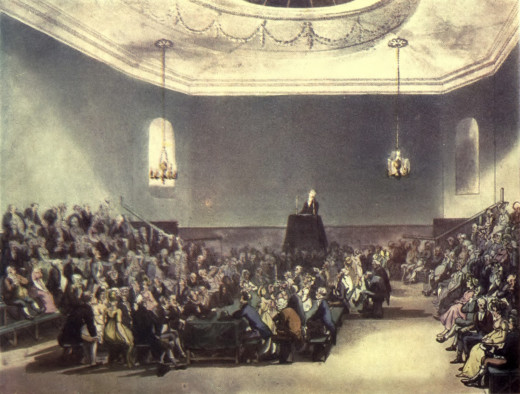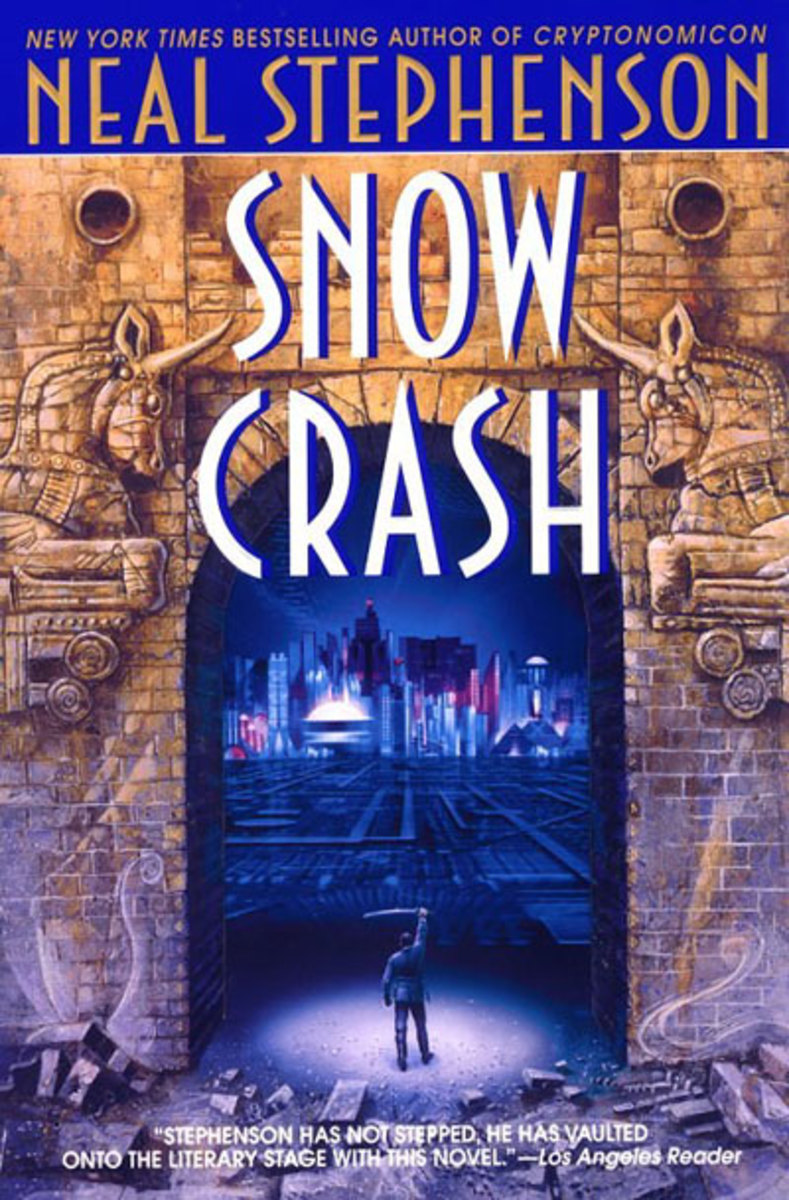- HubPages»
- Books, Literature, and Writing»
- Books & Novels»
- Fiction»
- Science Fiction & Fantasy Books
Try doing it this way . . .
How do you organise people

Social Change
Everyone knows how sci-fi examines the implications of changing and emerging technology. What those not as familiar with the genre may not know, is how much the genre delves into societal change. From forms of government, to familial organization, to mating rituals, to basic reproduction, it seems some writer has used the genre to analyze every facet of human society.
David Weber Monarchist?
- Frequently Asked Questions || David Weber
The official website of best selling science-fiction and fantasy author David Weber.
Social Sci Fi
Government
Different governments are probably one of the easiest changes to propose. Curiously though, many authors seem to take the easy assumption that, unless a nation is cast as the villain, it must have a representative system. David Weber has been accused of being pro monarchy, due to featuring a constitutional monarchy as the good guy nation in his Honor Harrington series. Weber was hardly the first author to feature monarchist protagonists though. H. Beam Pipers Space Viking was not only set in a feudal society, it featured characters who vocally defended it. Of course, a villainous totalitarian system makes an easy target. From 1984 to Star Wars, a hero who at least tries to overthrow the evil empire gives the audience a clear good guy bad guy dynamic. If, on the other hand, you have a totalitarian, supported by a voting public, that's kept fat dumb and happy by the overlords they put in power (as with Weber's Peoples Republic of Haven) the heroes must fight, not just the evil government, but the masses. Sometimes though a representative government can raise eyebrows, if it's not what people are used to. When Robert Heinlein proposed a Federation that limited voting rights to veterans in Starship Troopers some critics called him a fascist. Heinlein was never shy when it came to talking about government in his tales. Even his juvenile fiction might feature intense social examination as Tunnel in the Sky did, with it's group of stranded High School and College students starting their own government. How to form a government also came up in The Moon is a Harsh Mistress, alongside a veritable manual on revolutionary movements and an examination of different marriage and family structures. Of all societal changes suggested, when storytellers propose alternative government it is probably the least controversial.
He's not safe here

Sacred cows better beware
Robert A. Heinlein was among the most fearless in goring societies sacred cows. His Citizen of the Galaxy was a veritable exploration of different possible social structures. It featured the protagonist Thorby going from slave, to space going trader, with some odd courtship customs, to corporate heir. More controversial was Stranger in a Strange Land, which is well known for it's challenging of conventions on religion and monogamy. It was hardly the man's only controversial work. In addition to his aforementioned examination of government, he touched on several far more controversial subjects. In Methuselas Children he examined the ideas of eugenics. Especially controversial in the post WWII era of the books publication. The Character Lazarus Long he introduced in that book reappeared in Time Enough for Love and other works that, among other things, challenged sexual taboos like incest and explored ideas like immortality through cloning.
An alien society?
It gets stranger
With all the social ideas Heinlein dealt with, he at least assumed societies would involve some kind of family. Aldous Huxley's Brave New World, with it's lab grown babies, rigid caste system and Soma happy pills, challenged even that assumption. Huxley was certainly inspirational to the creators of later stories, like Logan's Run or The City and the Stars, which featured lab grown babies and the divorcing of human sexuality from it's biological basis in reproduction. While these sorts of societal predictions are based on plausible science, they do pose a problem for the author of making the future world seem too alien for the audience to relate to.
What kind of society spawned him?

The novella that inspired the film
The truly strange
Not that science fiction writers shy away from portraying truly alien cultures. In Enemy Mine a downed human pilot had to depend on and eventually befriended, an asexually reproducing creature with a surprisingly familiar theology. Sometimes writers use unusual alien reproduction as a way to examine our own attitudes about alternative lifestyles, as “Star Trek: the Next Generation” did in an episode that featured a romance between Riker and an alien who identified it's self as female in defiance of “her” worlds asexual norms. Of course sometimes writers will introduce an unusual reproductive biology in a throwaway line to make a race seem more alien when it's culture is not that unusual. Casting an unusual culture as alien does have an advantage. Trek's Borg, with their hive minded cybernetics, are much less confrontational about the implications of such technology than putting it in the hands of an Earth descended empire might be.
A word of caution
Like all social proposals, those in science fiction should be taken with a large grain of salt. Unless the author introduces a society as a cautionary tale, it's potential faults will be minimized. Even in a cautionary tale, the dangers a potentially good idea might pose will be exaggerated. Asimov proposed the psycho-history of his Foundation as a way to overcome an inevitable societal collapse in an optimistic way. The same sort of guided society could be a terrible totalitarian state if the control were in the wrong hands. Anyone proposing a social change in literature or especially in the real world should always keep two things in mind. Human greed and the law of unintended consequences. Only in fiction can those factors be controlled.








